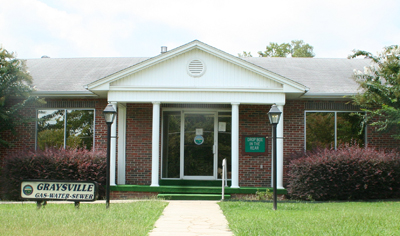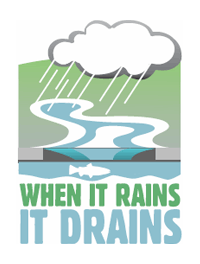GAS & WATER BOARD

The Graysville Water and Gas Utility provides water and natural gas to the Graysville and Adamsville areas and natural gas service to the Forestdale and Docena areas. The Utility is owned by the City of Graysville and operated by the Graysville Water Board and by the Graysville Municipal Gas System.
After the great depression of the 1930s, the City of Graysville was incorporated November 27, 1945. The first meeting of the town council took place at the old school house on January 16, 1946. Later that year the original city council established the Graysville Water Works system. In 1949, the city council made the bold move to establish the Graysville Gas Board that would eventually become the Graysville Municipal Gas System.
OFFICE STAFF
Macee Busby | Start/Stop Service/Availability | Ext 3037 | [email protected]
Deb Davis – Billing Inquiry /Collections / Reconnect Service | Ext 3043 @[email protected]
Ginger Early – Office Billing Manager | Ext 3042 | [email protected]
LeAnne Varner – Front Window/Accounts Receivable | Ext 3300 | [email protected]
FIELD PERSONNEL
Brad Alexander – Water Operator | Ext 3040
Anthony LaChance
Raymond Russell
Heath Whitworth – Field Supervisor | Ext 3039
Scott Wood-Mechanic
Johnathan Yarbrough
CONTACT INFORMATION
Office Hours: 8:00am-5:00pm | Monday-Friday
Lobby Hours: 8:00am-4:30pm | Monday-Friday
Contact Information
Graysville Gas & Water
246 South Main Street
PO Box 130
Graysville, AL 35073
Phone: 205.674.5643 option 2
Fax: 205.674.5640
Ways to Pay!
- Click the link on this page-Customer Number or PIN Number needed.
- Toll-Free 844.863.8105-Customer Number needed
- Mail payment with stub (return envelope enclosed with each statement)
- Drop Box-NO cash (located in the back of building)
- Brooklere Pharmacy-1st-15th with payment stub
GOT A LEAK?
Stop and call 205.674.5643 option 1.

What is Stormwater Runoff?
Stormwater runoff is generated when precipitation from rain and snowmelt events flows over land or impervious surfaces and does not percolate into the ground. As the runoff flows over the land or impervious surfaces (paved streets, parking lots, and building rooftops), it accumulates debris, chemicals, sediment or other pollutants that could adversely affect water quality if the runoff is discharged untreated. The primary method to control stormwater discharges is the use of best management practices (BMPs). In addition, most stormwater discharges are considered point sources and require coverage under an NPDES permit.

